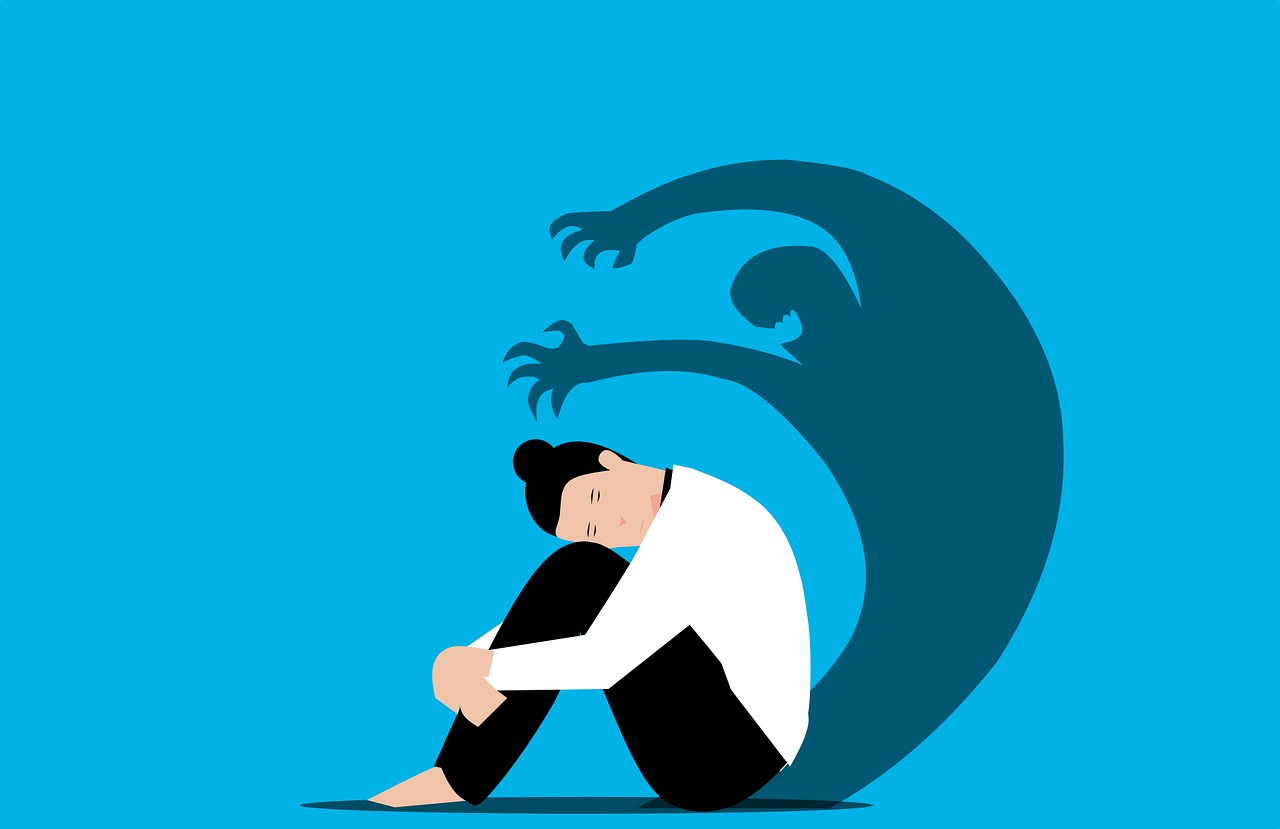
Obsessive-Compulsive Disorder
Obsessive-compulsive disorder (OCD) is a common, chronic, and long-lasting disorder in which a person has uncontrollable, reoccurring thoughts and/or behaviors (“compulsions”) that he or she feels the urge to repeat over and over.
Signs and Symptoms
People with OCD may have symptoms of obsessions, compulsions, or both. These symptoms can interfere with all aspects of life, such as work, school, and personal relationships.
Obsessions are repeated thoughts, urges, or mental images that cause anxiety. Common symptoms include:
Fear of germs or contamination
Unwanted forbidden or taboo thoughts involving sex, religion, or harm
- Aggressive thoughts toward others or self
Having things symmetrical or in a perfect order
Compulsions are repetitive behaviors that a person with OCD feels the urge to do in response to an obsessive thought. Common compulsions include:
Excessive cleaning and/or handwashing
Ordering and arranging things in a particular, precise way
Repeatedly checking on things, such as repeatedly checking to see if the door is locked or that the oven is off
- Compulsive Counting
Not all rituals or habits are compulsions. Everyone double checks things sometimes. But a person with OCD generally:
Spends at least 1 hour a day on these thoughts or behaviors
Can’t control his or her thoughts or behaviors, even when those thoughts or behaviors are recognized as excessive
- Doesn’t get pleasure when performing the behaviors or rituals, but may feel brief relief from the anxiety the thoughts cause
Experiences significant problems in their daily life due to these thoughts or behaviors
Some individuals with OCD also have a tic disorder. Motor tics are sudden, brief, repetitive movements, such as eye blinking and other eye movements, facial grimacing, shoulder shrugging, and head or shoulder jerking. Common vocal tics include repetitive throat- clearing, sniffing, or grunting sounds.
If you think you have OCD, talk to your health care provider about your symptoms. If left untreated, OCD can interfere in all aspects of life.
Treatments and Therapies
OCD is typically treated with medication, psychotherapy, or a combination of the two. Although most patients with OCD respond to treatment, some patients continue to experience symptoms.
Sometimes people with OCD also have other mental disorders, such as anxiety, depression, and body dysmorphic disorder, a disorder in which someone mistakenly believes that a part of their body is abnormal. It is important to consider these other disorders when making decisions about treatment.
